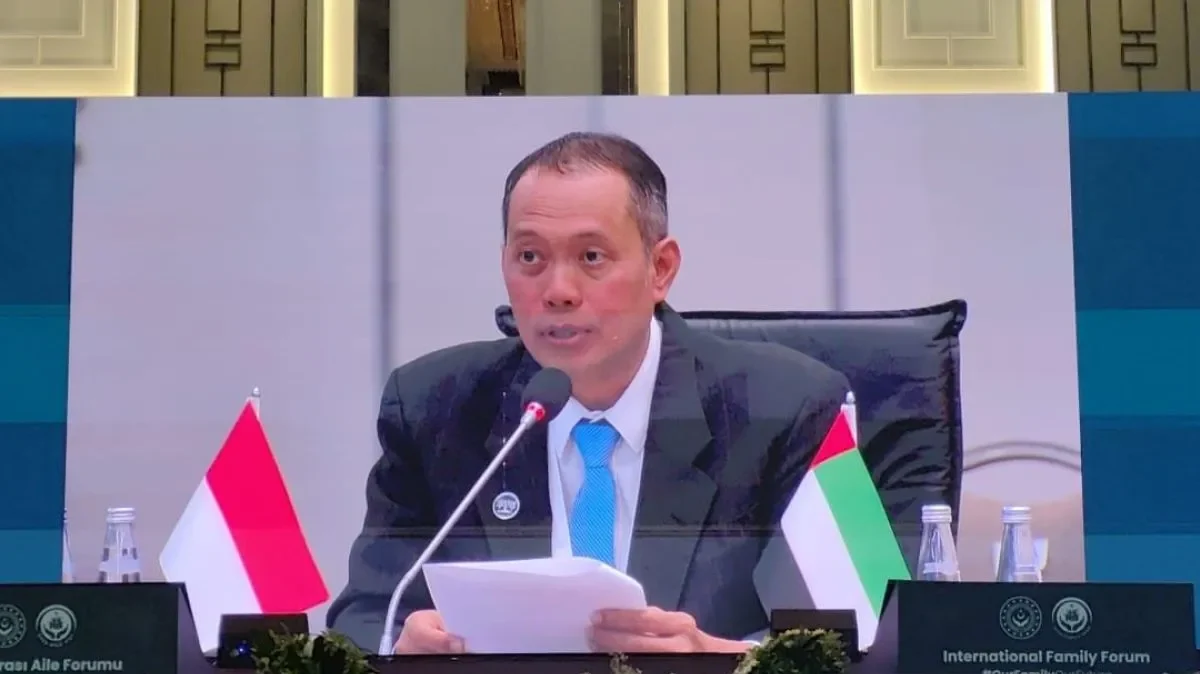WNAM REPORT: The Indonesian Ministry of Population and Family Development (BKKBN) outlined national strategies for building quality and resilient families at the International Family Forum Conference held in Istanbul, Türkiye, on May 22-23.
“To address family-related problems, Indonesia has decided to focus on the life cycle of families,” BKKBN’s Deputy for Family Development, Population Control, and Family Planning, Ukik Kusuma Kurniawan, remarked.
According to a statement cited here on Monday, Kurniawan explained that this approach drives the government to play a supportive role at every stage of an individual’s life –from infancy to old age — through educational, health, and economic initiatives.
He emphasized that such a comprehensive strategy is essential, as Indonesia is currently experiencing a demographic bonus, with about 70 percent of its 282 million population in the productive age group.
He added that this trend represents a golden opportunity for Indonesia to transform into a developed country.
Moreover, the official asserted that the Indonesian government views quality families as a foundation for achieving the Golden Indonesia 2045 vision.
To support this, he noted that President Prabowo Subianto’s administration is committed to leveraging the demographic bonus through initiatives designed to eliminate barriers to human development.
Kurniawan shared that the government has been implementing community-based foster parent and child care programs as part of the efforts to combat childhood malnutrition.
Furthermore, he highlighted the government’s determination to strengthen the role of fathers in child care and empower senior citizens so they can continue contributing to society.
“We utilize artificial intelligence and integrated information systems to ensure every Indonesian family has sufficient access to accurate, responsive, and timely support,” he remarked.
Furthermore, the BKKBN official emphasized that the Indonesian government is keen to forge an inclusive international collaboration to ensure the success of its family development strategies.
“Strengthening families equals preparing resilient human resources for a better future,” he concluded.


